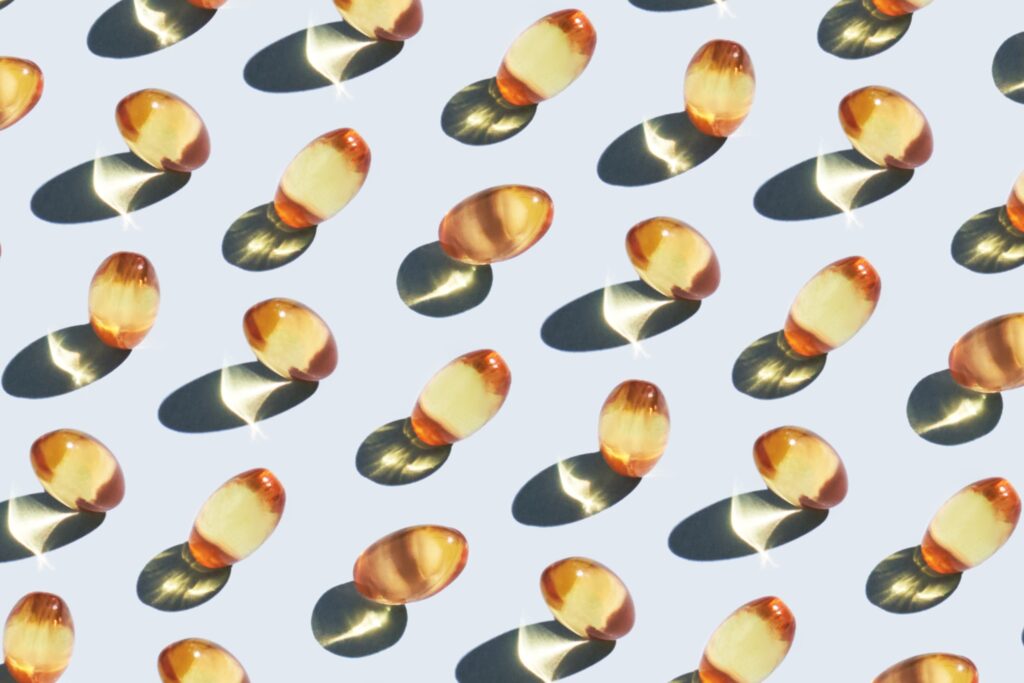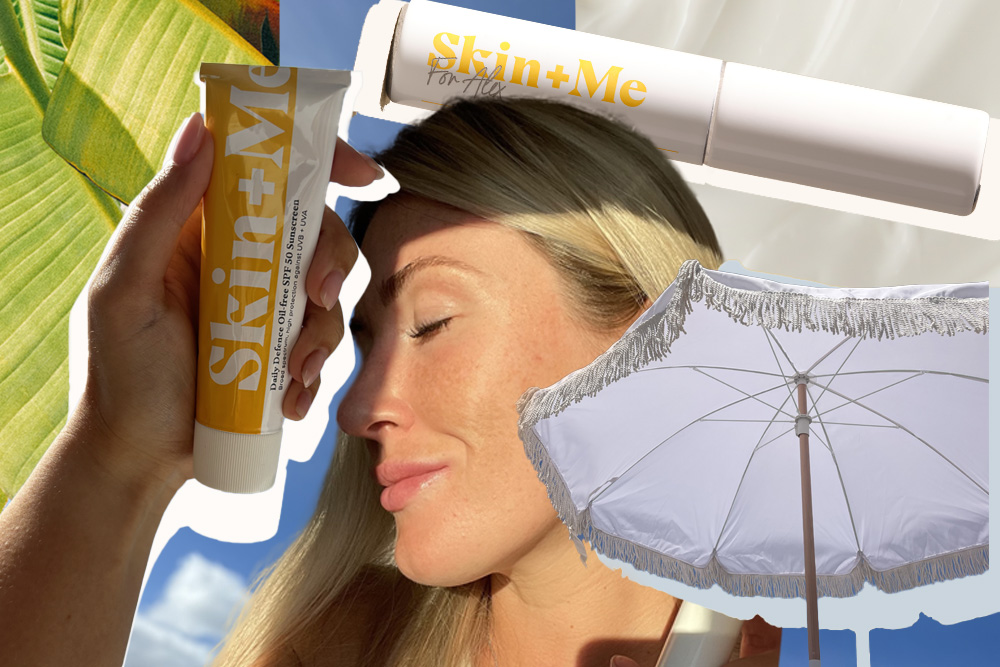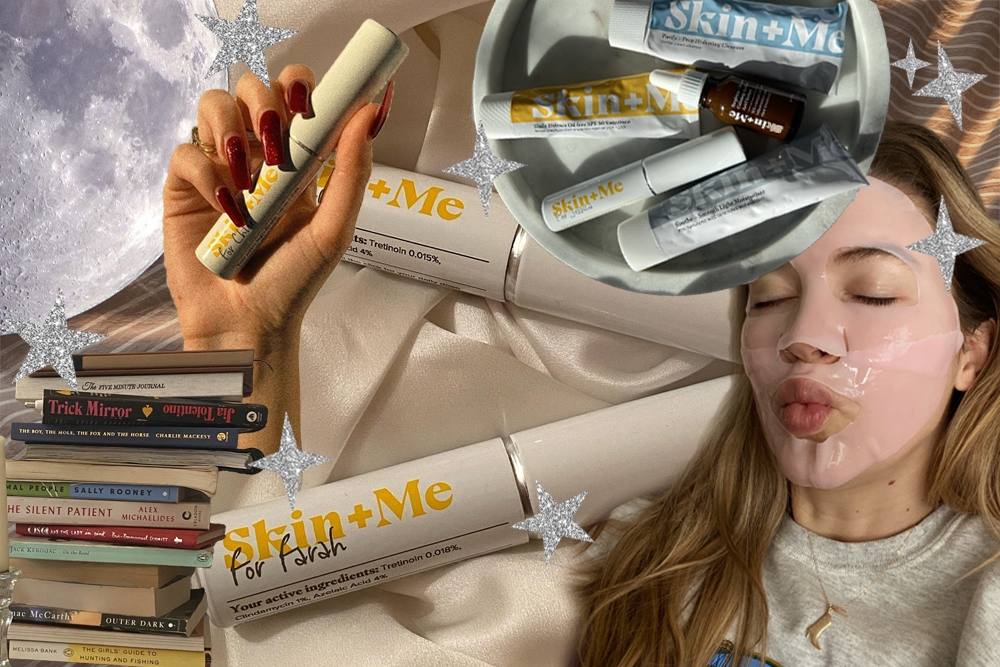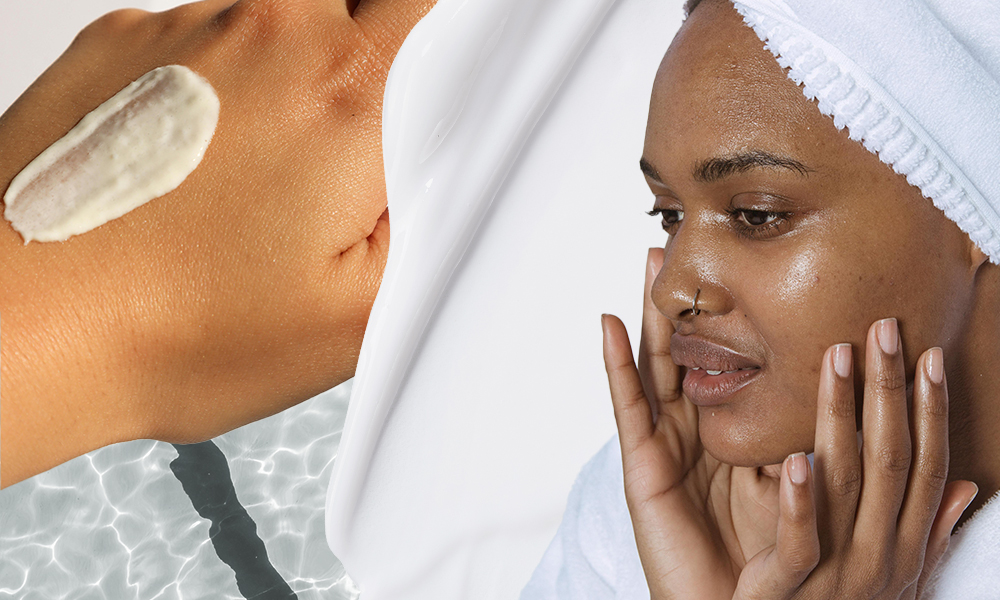Melasma 101

Link to share article here:
Hello Sunshine: Why We Need Vitamin D
We don’t get much sun here in the UK, but when we do, it feels like the whole country packs up their picnic blankets and heads outside to really make the most of it. Aside from being a lovely way to spend an afternoon, basking in the sunshine gives us a healthy dose of the all-essential Vitamin D.
But, for the other 50 weeks of the year, most of us don’t get nearly enough of this immunity-boosting and bone-fortifying vitamin. In our guide to the sunshine vitamin, we run through what vitamin D is, why we need it and how to get a boost when the weather won’t play along.
What is vitamin D?
Vitamin D is a fat-soluble vitamin that is essential for our bodies to function as they should. It’s present as a nutrient in some foods and can also be produced as a hormone when the skin is exposed to the sun – this is why it’s commonly referred to as the sunshine vitamin.
What happens when we’re deficient in vitamin D?
Vitamin D is essential for us to regulate the amount of calcium and phosphate in our bodies, helping keep bones, teeth and muscles healthy. According to the NHS, we need around 10 micrograms (400 IU) of vitamin D every day.
Vitamin D deficiency is very common, but without enough of it your body won’t be able to function optimally. Symptoms of vitamin D deficiency include fatigue, a poor immune system, depression, slow healing, hair loss, aches and pains. People who are severely deficient in vitamin D are at risk of osteoporosis, which is when the bones become weaker, can can lead to fractures.
In recent years scientists have learned that vitamin D also plays many other important roles in our bodies, including boosting our immune system, helping prevent cancer, decreasing the risk of diabetes, improving the symptoms of depression and reducing inflammation. Vitamin D is also linked to healthy skin – more on that later. Having more melanin in your skin also makes creating vitamin D more difficult, so people of colour are particularly vulnerable to vitamin D deficiencies. This makes getting vitamin D from other sources extremely important, especially in the winter months.
How can we get vitamin D?
SUNSHINE
Sunshine is the number one way to boost your vitamin D levels, so spending time is vital. In the summer months, most people are able to get enough vitamin D from exposing their skin to sunlight, but in the winter it can be difficult to soak up enough of it – especially in the UK.
Diet
Vitamin D can be found in some food sources: dairy, eggs, red meat and oily fish for example, but most of us only Vitamin D can be found naturally in some foods, including egg yolks, cheese, oily fish and red meat, and it’s also added to some foods like spreads and breakfast cereals.
However, most of us only obtain about 10% of the vitamin D that we need through food. Eating more of these foods is a great way to increase your vitamin D levels, but you’ll need to eat them every day to get enough (no complaints from us brie-lovers).
Supplements
If your diet and sun exposure falls short, supplements are considered the most efficient and effective way to make sure you absorb enough vitamin D each day.
The NHS recommends you take 10 micrograms (400 IU) of vitamin D a day between October and early March to stay healthy. Cod liver oil is also an excellent supplementary source if you prefer.
What’s the link between Vitamin D and our skin?
Contact between sunlight and our skin is the way our bodies can generate more vitamin D. In fact, our skin is the only place our bodies can make vitamin D – which is why it’s so important that we top up our levels during the winter months when there is less daylight.
Our skin relies on vitamin D to carry out its normal functions and evidence is emerging from new studies suggesting that low vitamin D levels are linked to several skin diseases. These include acne, rosacea, psoriasis, vitiligo, eczema, hair loss and skin cancer. Ongoing studies are looking at the possibility that vitamin D can improve these conditions.
Will wearing SPF reduce my Vitamin D intake?
We’ve all been told that we must wear SPF every day for the sake of our skin health – but, does blocking out UV rays diminish that all-important vitamin D production? Well, the good news is that scientific studies have never found a connection between sunscreen and Vitamin D deficiency.
Wearing a broad spectrum sunscreen every day is essential – especially if you’re using active ingredients that can increase photosensitivity. That’s why we created Daily Defence Oil-free SPF 50 Sunscreen – if you haven’t met it yet, say hello to your new favourite sunscreen. Daily Defence protects against UVA rays, which are the main cause of the early signs of skin ageing, and UVB rays, which can cause melanoma. It also dries clear and sits perfectly under makeup – so there’s no excuse not to stay safe in the sun.
Additionally, being out in nature is really good for you – mentally and physically, even if you’re sitting still. Research shows that simply spending time outside can rapidly improve your mental and physical health. Stress levels are proven to drop upon entering a green space, and it has a positive effect on our blood pressure and heart rate.
So, smooth on your sunscreen and get out there to soak up some vitamin D – your body and mind will thank you for it.
Medical facts checked by Dr Jason Thomson.
New to Skin + Me? Get your first month of personalised skincare for £4.99 with promo code DOSE – complete our quick consultation here.
Looking for a routine refresh? Add the Dream Routine to your Skin + Me subscription.
In need of a restock? Head to The Skincare Shop for one-off purchases of your Routine Essentials.



